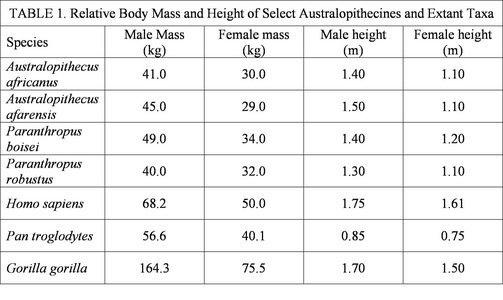...
IN OTHER WORDS, according to the son of Baha'u'llah, neither the resurrection nor the ascension are to be taken literally. So how is it possible, given those words, for a Baha'i to say, as you did, that the "Resurrection of Jesus, can be understood physically or metaphorically."
.
I probably confused you the way I explained it. My intention was not as you understood. When I say, Resurrection of Jesus can be understood both physically and metaphorically, I am not saying, the Bahais understand it in both ways. I am simply saying, a person, such as a Christian literalist understands it, physically, and another person, such as a Bahai understands it metaphorically. So, both are possible interpretations,but the question is, could it be that all these years, majority of Christian's misunderstood it, and now, Christ has returned in the name of Bahaullah, and has revealed a correct interpretation?
This was my intention. Just pointing out, that, the Bahais believe, Christ has returned, and as part of His mission, He corrected the incorrect teachings of the false teachers. In that case, at least in Bahai view, Bahaullah did not replace Bible teaching about Resurrection, rather He corrected misinterpretations.
[By the way, those statements confirm that Baha'i teaching is intended to replace Christian beliefs, not renew Christian beliefs.]
I agree. It does replace mainstream Christian beliefs, but not necessarily the Bible, unless you can prove, the Authors of Bible meant the Resurrection is to be taken literally. And by the way, this topic has been debated 1000 times, between Bahais and Christians!
As for your confusion over what the "The Authors of the Bible meant by "the resurrection and ascension of Jesus", to wit: "The Authors of Bible did not say, they meant a physical resurrection."
I would welcome specific citations and/or quotations supporting your claim.
Well, when there is no verse in Bible saying the Resurrection is to be taken literally physical, then it opens the possibility, that They could have meant it metaphorically, right? But to debate about resurrection, should be in another thread I prefer.
As for your final question, did Christians, in the Bible, replace or correct the Covenant between God and Abraham, Isaac, and Jacob and between God and Israel at Sinai?
Any human, Christian or otherwise, who believes that God's covenant with Israel can be abrogated or nullified or replaced by anyone but God Himself is in error.
I was just simply pointing out, just as Christians believe the new testament, corrects some of the misinterpretations of Jews, likewise Bahais believe, their scriptures correct misinterpretations of the new testament.
And when after centuries after Moses, the Jews on those days had forgotten the Spirit of Religion, and instead were focused more on works, then Christ came, and renewed the spiritual teachings of Religion, is this not renewal? Bahai faith likewise renewed the spiritual teachings which are essential part of the Religion.



